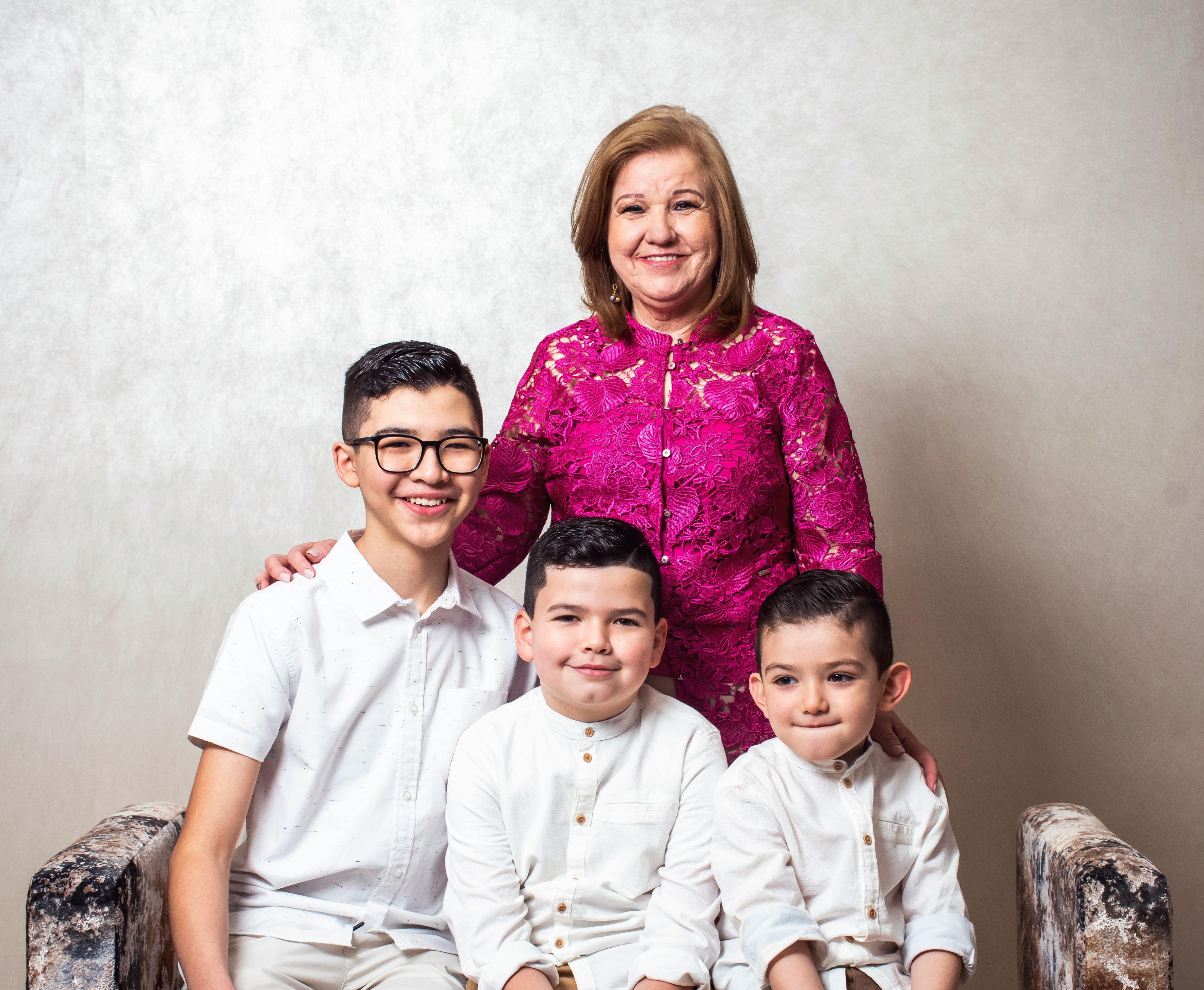
This Is What Emotional Incest Looks Like
Enmeshment involves relationships with blurry or nonexistent boundaries, often in a family.
Emotional incest, also known as covert incest, is a form of emotional abuse where a parent or primary caregiver treats their child like a romantic partner and relies on them for the emotional support a partner would typically provide. The word incest may sound intense or even inflammatory here, but many feel that it accurately describes the way this type of abuse has harmed them. And unlike other forms of incest, emotional incest isn’t physical or sexual. Instead, it involves putting a child in an adult emotional role before they’re ready.
Emotional incest is very similar to other types of dysfunctional relationship dynamics we’ve discussed at Calling Home.
- Enmeshment: Enmeshment involves relationships with blurry or nonexistent boundaries, often in a family. We are covering this for the entire month of June inside Calling Home.
- Parentification: Emotional incest is quite similar to emotional parentification, where a child is forced to take on the emotional burden of a parent or caregiver. You can download my free Parentified Child workbook here to learn more about this.
While similar to these concepts, emotional incest is different because it is specific to the relationship between a child and their parent or caregiver. It doesn’t include siblings or extended family. And instead of taking on the emotional role of a parent, the child acts as a partner to their parent.
In the book, The Emotional Incest Syndrome, Dr. Patricia Love details three different types of emotional incest.
1. Romanticizing Parent
This parent turns to a child (typically of the opposite sex) for the intimacy and companionship they would normally find in a romantic relationship. The child becomes like their spouse, and the relationship might include flirting and teasing.
2. Friendly Parent: Same Sex
A parent is enmeshed with a child (typically of the same sex) and sees them as their "best friend” and partner.
3. Critical/Abusive Parent
The child is used for emotional support and releasing anger/tension. The parent oscillates between treating the child kindly and then abusing them. Whatever the parent is feeling is directed at the child.
All three of these types have two things in common:
- The parent uses the child to satisfy their needs of intimacy, companionship, romantic love, problem-solving, and emotional support. The child cannot satisfy these needs.
- The parent ignores the child's needs and cannot adequately provide them with protection, guidance, structure, discipline, or affection. The child is meeting the parent's needs, and the parent is not meeting the child's needs.
What Emotional Incest Looks Like:
- When a parent overshares details of romantic relationships with a child
- When a parent discusses marital troubles in detail with a child
- When a parent puts their own emotional needs before a child’s emotional needs
- When a child is forced to give up age-appropriate activities so they can be present for their parent
- When a parent consistently vents to a child about trouble at work
- When a parent makes the child feel guilty if they aren’t complying with every demand all the time
- When a parent is jealous of their child’s friends or anything else that steals the child’s attention away from them
- When a parent doesn’t give the child privacy or their own space

Consequences Of Emotional Incest:
- Children do not have the opportunity to develop healthy emotional boundaries
- They have an impaired sense of safety because they feel so responsible for their parent’s emotional stability and their emotional needs.
- Children don’t have space to simply be kids because they are constantly filling adult roles.
- Inability to recognize their own emotional needs or care for those needs
- Feeling guilt for having their own needs
- Difficulty making decisions
- Trouble separating themselves from their parent and the parent’s needs
- Low self-esteem
- Higher risk of anxiety, depression, or other mental health diagnoses
This month at Calling Home, we are focusing on enmeshment and emotional incest. If you’d like to learn more about this, join us.
Get Little Epiphanies in your inbox
Monthly email to help you re-think things you’ve been thinking about your family your whole life. Little epiphanies guaranteed.